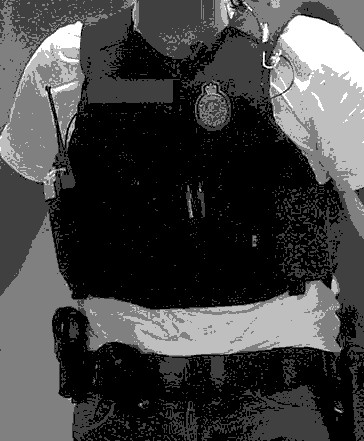Pezzullo plugs Home Affairs
 The future leader of the Federal Government’s new Home Affairs department says it will not be a “sinister behemoth”.
The future leader of the Federal Government’s new Home Affairs department says it will not be a “sinister behemoth”.
Some have argued that the department – set comprise Immigration, ASIO, the Australian Federal Police, Austrac and the Australian Criminal Intelligence Commission – is an attempt at “empire building” that will concentrate power and add another layer of bureaucracy to agencies.
But Michael Pezzullo, who is in line to lead Home Affairs, says the mega-department will be limited by checks on power.
“Power must always be exercised with legitimacy and never more so than in the performance of the security function of the state,” he said.
“Any contrary suggestion that the establishment of Home Affairs will somehow create an unchecked extrajudicial apparatus of power is ill-informed, even if predictable coming from some quarters.
“It is commentary which bears no relationship to the facts or to how our system of government works.”
Supporters says the merger will help co-ordinate government agencies to better prevent terrorist attacks.
Mr Pezzullo said any new executive actions would rely on legal authority given by parliament.
“In bringing together the security powers, capabilities and capacities of the Commonwealth into a single portfolio, these fundamentals will of course remain in place,” he said.
“That is constitutionalism, the sovereignty of parliament, and the supreme rule of law. All of which are crucial attributes of liberty.”
Mr Pezzullo expects the new department to be formed before February 2018.
Under the merger, the Australian Border Force will remain operationally independent, but will have its corporate and enabling services provided by Home Affairs.
Some say the complex arrangement will complicate work by adding another layer of administration, but Mr Pezzullo says it is an unfounded concern.
“I can assure this committee that the department will not act as an overseeing, overriding bureaucratic layer, and nor will it be dictating terms to heads of agencies in the performance of their statutory functions,” he said.
Mr Pezzullo said Home Affairs would deliver policy for several areas, including immigration and citizenship, transport security, biometrics and identity, cyber security, and customs and border protection.
The department will also have roles in emergency management, including disaster recovery and resilience, as well as defending against foreign interference and political subversion.
Mr Pezzullo said Home Affairs would work to counter violent extremism “including working with other departments regarding programs concerned with the cohesion of our society on the basis that it's open, inclusive, multicultural and united”.







 Print
Print